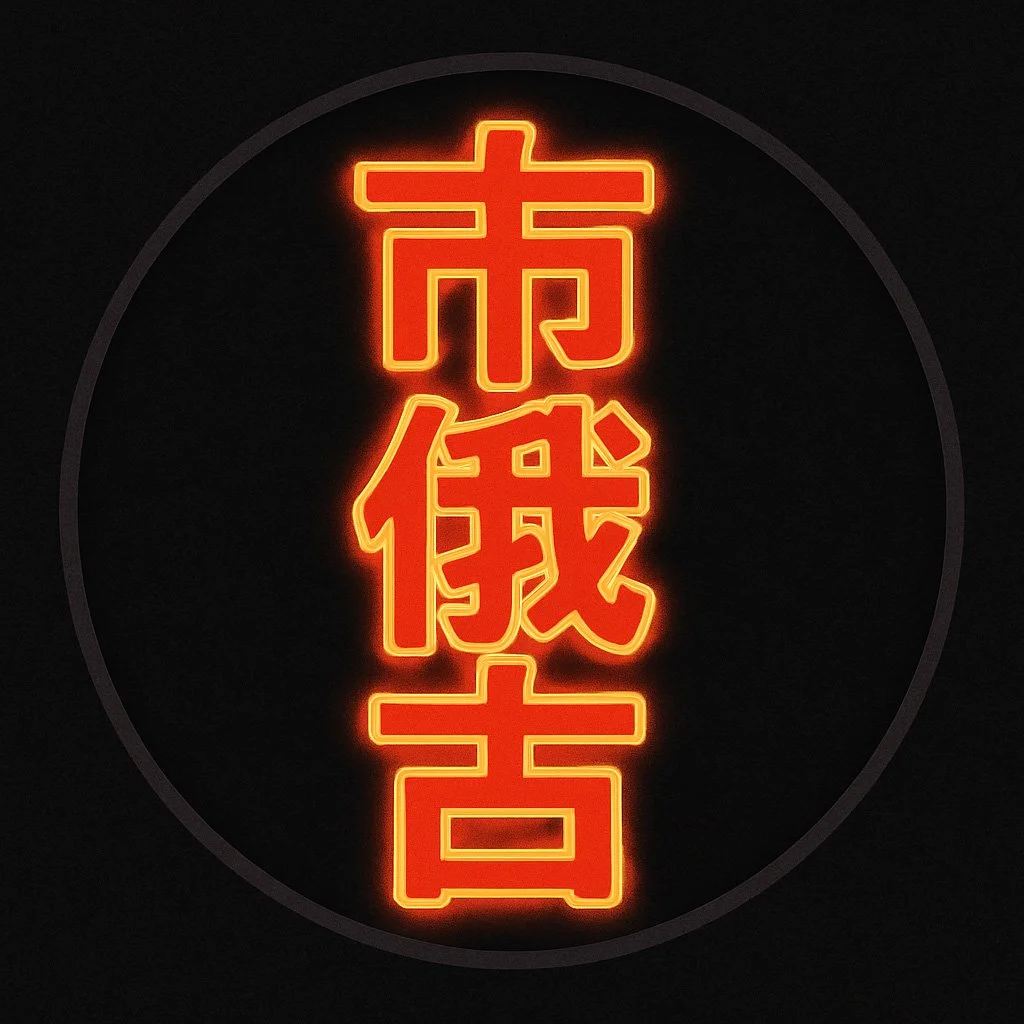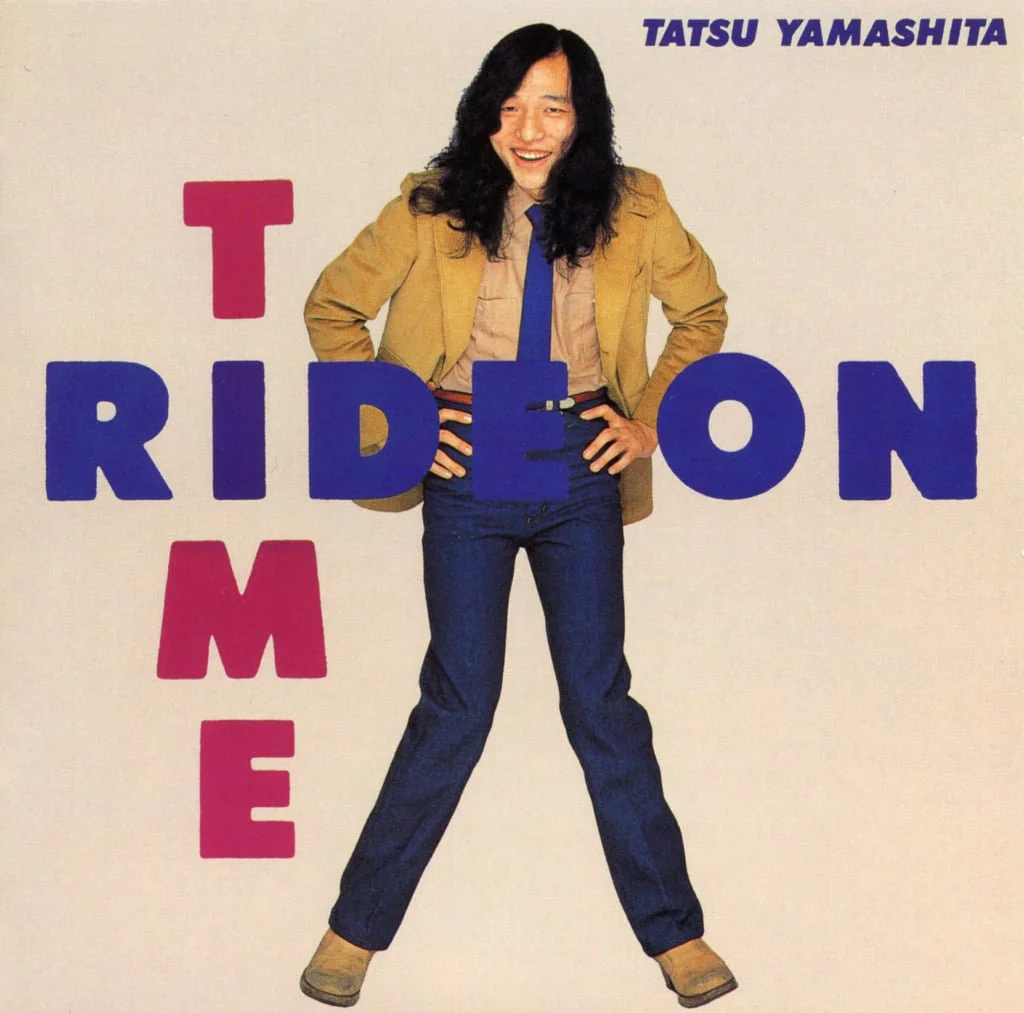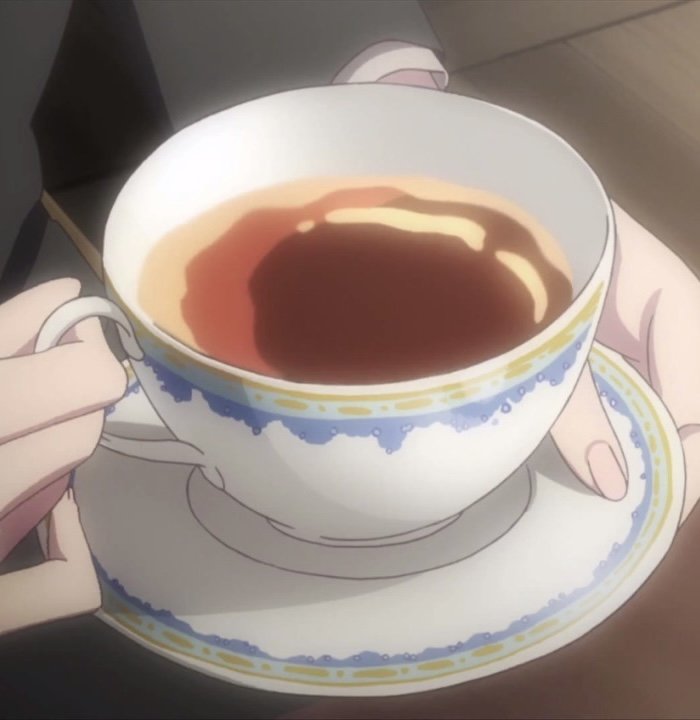City Pop’s Neo-Nostalgia: Opening Doors in Alt-J-Pop
Sakanaction- “wasurerarenaino”
Japanese Artists Embrace English in a post-City Pop global music scene.
In the last few years, dusty ‘80s city-pop grooves suddenly blasted through YouTube and TikTok, lighting a fuse under Japan’s indie scene. Mariya Takeuchi’s “Plastic Love” and Miki Matsubara’s “Stay With Me” went viral on streaming algorithms, sparking a wave of online fandom1. Overnight, city-pop’s bright neon-brass and West Coast vibes became part of a retro-chic internet canon – a cyber-vaporwave nostalgia that made Tokyo nightlife feel timeless again2. Young producers and fans around the world were suddenly enchanted by “old commercials from another world.” The result: modern J-pop’s frontier has cracked open, inviting new artists to fuse English phrases and international styles into their sound.
Streaming, Vaporwave, and the Global Stage
Behind this revival is cold, hard code. Platforms like YouTube and Spotify quietly reissued city-pop as “recommended,” turning digital treasure hunts into mass trends1. Curated playlists (Spotify’s “City Pop” or anime-themed lists like “Gatcha Pop”) hauled millions of younger listeners back to glossy ’80s Japan3. Teenagers in New York, Berlin or Sydney could tap a Tokyo night-drive soundtrack on their phones and dream about neon streets they’d never walked. It’s a textbook case of algorithmic nostalgia. Before you know it, you’re humming in Japanese or hunting vinyl on eBay. As one academic noted, Western listeners use city-pop to project their fantasies – the neon city, the winding highway – back on Japan2.
That global buzz has, in turn, emboldened Japan’s homegrown acts to chase worldwise pop. At Coachella 2024, Japan sent YOASOBI and the high-school-uniformed firebrands Atarashii Gakko! to pack stages3. Even domestic giants lean in: Fujii Kaze is touring the U.S., and many Japanese artists are finding international fans via anime syncs and global playlists. In effect, the city-pop comeback gave permission for Japan’s alt-stars to sing in English and wear global trends on their sleeves.
Neo-Kawaii Punks & Bilingual Beats
Take CHAI, Tokyo’s post-kawaii punk trio. Their 2021 album WINK channels city-pop’s lush lounge-funk. As guitarist Mana told Loud and Quiet, CHAI’s sound “aesthetically reach[es] back to city pop… undergoing something of a resurgence” thanks to the music-sharing community online4. CHAI didn’t set out to ride the revival – they just made the music they grew up on. But the timing was perfect: their crunchy basslines and synth-chimes landed just as the world rediscovered that same pastel-drenched sound.
CHAI now weave English into their playful punk-pop. “N.E.O.” drops catchy Engrish hooks, and their “CHO SHIN” performance features chants that hit on both Japanese and English ears. On tour songs like “Driving22,” Yuki sings of meeting fans overseas and navigating foreign cities with a Balearic-funk beat – a love letter to Japan that happily spikes the global party4.
Cosmopolitan Pop Idols and Producers
Pop singer Fujii Kaze – now dubbed the “next Utada” – wears Japan and the world on his sleeve. The Recording Academy describes his vibe as simultaneously “native and international”5. His hit “Matsuri” feels like a serene garden walk, but “Hana,” produced by A.G. Cook, borrows straight from ’70s California soft rock. Its video places him on a desert highway – a blatantly global fantasy. Kaze includes English translations in his album liner notes, signaling his intent to speak to a world beyond Japan6.
Then there’s Miso Extra, a London-based rapper born to a Japanese mother and British father. Her single “POP” freely switches between Japanese and English. The Line of Best Fit praised her as a natural in the bilingual space7. Her lyrics tackle identity, class, and confidence, with global grooves and bilingual bars that feel more necessary than gimmicky.
From Tokyo to the World
Atarashii Gakko! might not be fully bilingual, but their energy translates. Dubbed “The New School Leaders,” they channel hyper-local schoolgirl culture and filter it through a global lens. They don’t need to say much in English; their explosive stage show, choreo, and streetwear nods say enough. When they chant “We are Atarashii Gakko!” you don’t need subtitles.
Even veteran alt-pop singers are crossing oceans. Hitomitoi, known for her silky jazz-pop rooted in city pop tradition, dropped a bilingual collab in 2024 with American indie icon Wild Nothing. The single “Like a First Kiss” features shared lead vocals, with Hitomitoi singing in Japanese and Jack Tatum crooning in English8. It’s not just a nod to the past – it’s a sign that Japan’s alt-pop has entered a fluent, bilingual, global future.
Final Thoughts
City-pop’s rebirth gave Japanese artists license to let English back in – not as an accessory, but as part of their musical identity. Acts like CHAI and Miso Extra aren’t “internationalizing” their music – they’re owning it, building from what they already are. What was once exotic has become familiar, and that’s a good thing. Japan is singing back to the world, and this time, everyone’s listening. - Van
Sources
- Japan Times – “Why Is City Pop Still So Popular?”
- Cambridge Journal – “City Pop and the Sound of Japanese Vintage Futures”
- Billboard – “YOASOBI and Atarashii Gakko! Head to Coachella”
- Loud and Quiet – CHAI Interview
- GRAMMY.com – Fujii Kaze Profile
- Nippon.com – “Fujii Kaze’s Global Reach”
- The Line of Best Fit – “Who is Miso Extra?”
- The FADER – Premiere: Hitomitoi x Wild Nothing
- CHAI Official Website
- Fujii Kaze Official Website
- Miso Extra Official Website
- Atarashii Gakko! Official Website
- Hitomitoi Official Website
- Wild Nothing Official Website
- YOASOBI Official Website




























